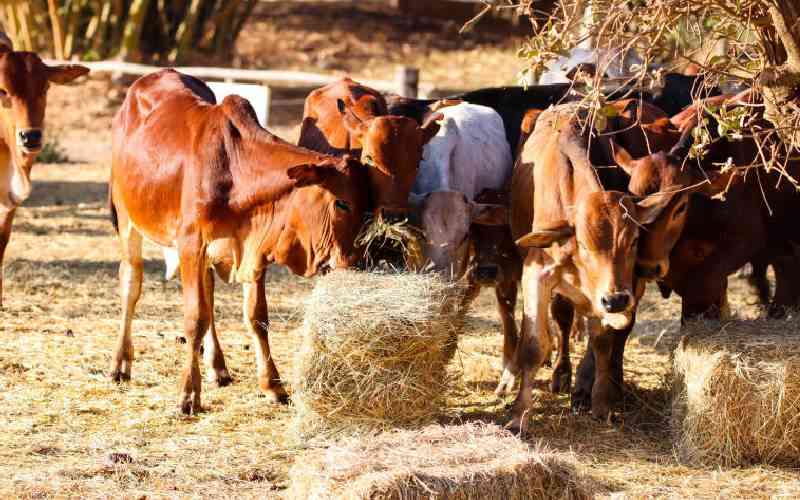×
The Standard e-Paper
Stay Informed, Even Offline

While the government may easily feed hungry and famine-stricken citizens, it may not compensate communities that have had cultural practices adversely affected by long spells of drought.
Circumcision is the most vital initiation of all rites of passage in the Maasai community where every male adolescent faces the cut at puberty.